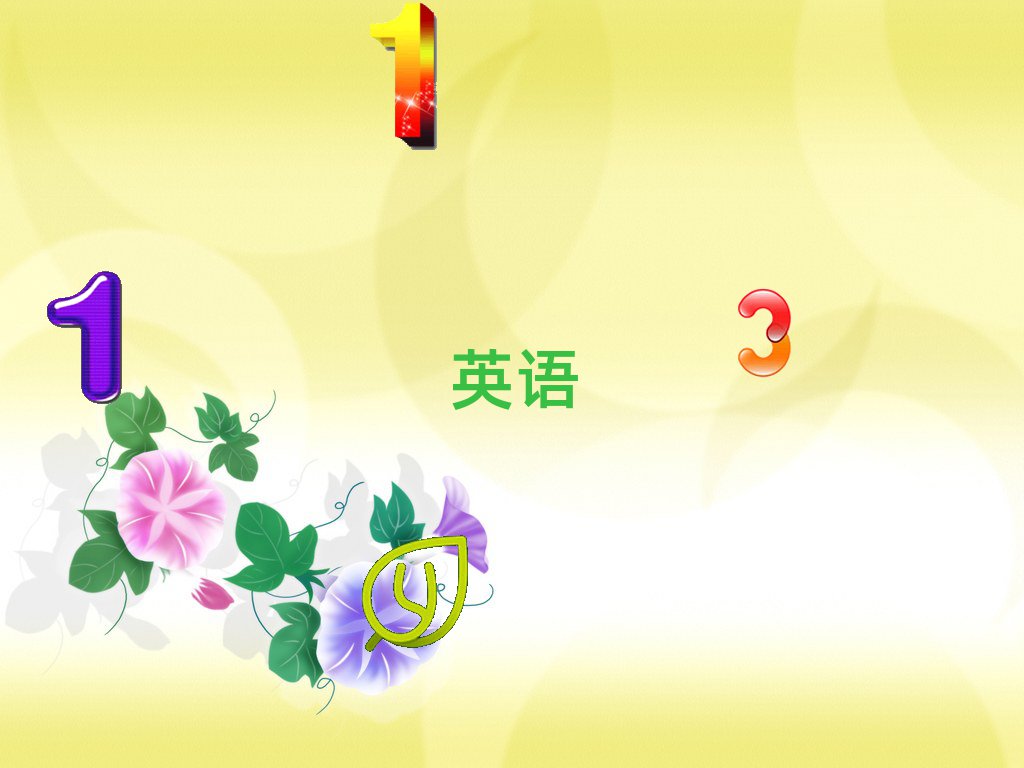新聞標(biāo)題:哈爾濱實(shí)用英語(yǔ)口語(yǔ)培訓(xùn)學(xué)校哪里好
哈爾濱實(shí)用英語(yǔ)口語(yǔ)是哈爾濱實(shí)用英語(yǔ)口語(yǔ)培訓(xùn)學(xué)校的重點(diǎn)專業(yè),哈爾濱市知名的實(shí)用英語(yǔ)口語(yǔ)培訓(xùn)機(jī)構(gòu),教育培訓(xùn)知名品牌,哈爾濱實(shí)用英語(yǔ)口語(yǔ)培訓(xùn)學(xué)校師資力量雄厚,全國(guó)各大城市均設(shè)有分校,學(xué)校歡迎你的加入。
1、專業(yè)的教師團(tuán)隊(duì),掌握前沿的教學(xué)方法 2、教學(xué)經(jīng)驗(yàn)豐富,善于激發(fā)學(xué)生的潛能 3、善于帶動(dòng)學(xué)員融入情景體驗(yàn)式課堂

哈爾濱實(shí)用英語(yǔ)口語(yǔ)培訓(xùn)學(xué)校分布哈爾濱市道里區(qū),南崗區(qū),道外區(qū),平房區(qū),松北區(qū),香坊區(qū),呼蘭區(qū),阿城區(qū),雙城市,尚志市,五常市,依蘭縣,方正縣,賓縣,巴彥縣,木蘭縣,通河縣,延壽縣等地,是哈爾濱市極具影響力的實(shí)用英語(yǔ)口語(yǔ)培訓(xùn)機(jī)構(gòu)。
分析:此題包含2個(gè)表示倍數(shù)的常見(jiàn)用法,“n times A”表示A的n倍;“twice A”表示A的2倍。由題意A的速度是B的3倍,A的速度是21;C的速度是A的2倍,C的速度是42,選E。
x=y(tǒng)2
當(dāng)one前面有the only等限定詞和修飾語(yǔ)時(shí),定語(yǔ)從句的謂語(yǔ)動(dòng)詞也要與 one保持一致而取單數(shù)形式。例如:
6.He is the only one of those workers who is able to do this job.他是那些工人中能做此工作的人。
二、名詞性從句的主謂一致
主語(yǔ)是名詞性從句(常用what,whatever,when,where,why ,how,that,whether等引導(dǎo)放在句首)時(shí),動(dòng)詞通常用單數(shù)形式。例如:
1.What I am most interested in is American movies.我最感興趣的是美國(guó)電影。
SAT作文的評(píng)分標(biāo)準(zhǔn)及閱卷方式
但是不可以矯枉過(guò)正,字體過(guò)大或間隔太大都會(huì)讓人一眼看出你是為了增大篇幅而有意為之,這樣反而弄巧成拙。
(E)competing in numerous races are
To prepare for the final examination,students crowded the classroom.[√]
C選項(xiàng)不平行,因?yàn)閑ither后面接的是人,而or后面接的是time。
東施效顰。(機(jī)械模仿。)
Monkey see, monkey do.
She just bought a new car just like yours. (她也買了一輛跟你一樣的車。)
中國(guó)基督教“三自”愛(ài)國(guó)運(yùn)動(dòng)隨之在全國(guó)廣泛展開(kāi),吳耀宗稱之為“中國(guó)基督教的新生”。
dario: you can borrow my lighter instead.
brian: no thanks, i prefer to use matches.
dario: matches are not good for the environment though.
brian: why do you say that?
dario: to make matches you need to cut down a lot of trees!
brian: oh, i see your point. i will start buying lighters in the future.
有關(guān)保護(hù)英語(yǔ)怎么說(shuō)的例句1:新法令涵蓋了兒童保育、養(yǎng)育和保護(hù)的相關(guān)內(nèi)容。The new statute covers the care for, bringing up and protection of children印度尼西亞婦女已經(jīng)獲得了現(xiàn)代離婚法的保護(hù),享有和丈夫同等的權(quán)利。Women in Indonesia have secured modern divorce laws that equalize the rights of husbands and wives他們未經(jīng)允許使用了受版權(quán)保護(hù)的音樂(lè)。They used copyrighted music without permission.該報(bào)違反了保護(hù)隱私的行為準(zhǔn)則。The newspaper breached the code of conduct on privacy制定這個(gè)規(guī)定是為了保護(hù)婦女兒童的權(quán)益。The regulations are made to protect women\'s and children\'s rights and interests.化學(xué)物質(zhì)形成了一個(gè)抗油污和水漬的保護(hù)層。Chemicals form a protective layer that resists both oil and water-based stains.我們必須采取措施保護(hù)專利技術(shù)。We had to take action to protect the proprietary technology.
It’s sunny/rainy/cloudy/windy/snowytoday。
今天陽(yáng)光燦爛/雨天[face161]/有風(fēng)/下雪。
二、課堂組織用語(yǔ)
1 Classbegins!上課。
2 Nowlet’s begin ourclass/Lesson。上課。
3 Time is up.The class is over。時(shí)間到了,該下課了。
4. Well,that’s the end of ourclass。下課。
5. Be quiet!
安靜!
6. Silence, please。
安靜!
7. Stand up, please。
起立!
8. Sit down, please。
坐下!
9. Sit up/well。
做好!
10. One, two, three, four ,four ,four. (做好的前提語(yǔ))
11. Noplaying。不要玩。
12. Hands onknees。小手放在膝蓋上。
13. Sit well/straight。
坐好/正。
14. Becareful。小心。
15.Followdirections。聽(tīng)指令。
16.Listencarefully。仔細(xì)聽(tīng)。
三、課堂活動(dòng)用語(yǔ)
1.Come here,please。請(qǐng)過(guò)來(lái)。
Come to the front,please. 請(qǐng)到前面來(lái)。
2.Go back to your seat,please。請(qǐng)回到你的座位上。
3.Let’slisten。咱們一起聽(tīng)。
4.Let’smake。一起做。
5.Let’schant。一起說(shuō)唱。
6.Let’ssing。一起唱。
7.Let’slearn。一起學(xué)。
8.Let’scount。一起數(shù)。
9.Let’s doactions。一起作動(dòng)作。
10.Let’s watchcartoon。一起看動(dòng)畫(huà)。
11.Let’s talk inEnglish。一起來(lái)說(shuō)英語(yǔ)。
12.Let’s play a game。
我們一起做游戲。
13.Let’s watch andplay。一起看圖說(shuō)話。
14.Let’s do aWarm-up。我們一起做熱身。
15. Are you ready ?
你們準(zhǔn)備好了嗎?
16. Ready, go!
準(zhǔn)備,開(kāi)始!
17.Quicky/slowly。快點(diǎn)、慢點(diǎn)。Hurryup! 趕快!
18. By turns. /One byone。按順序一個(gè)一個(gè)的來(lái)。
19.Lookat me ,please。請(qǐng)看著我。
Look at me/her/him。
看我/她/他
(C)9
Think carefully about the issue presented in the following excerpt and the assignment below:
有關(guān)問(wèn)題的英語(yǔ)怎么說(shuō)的例句1:
不僅如此,SAT經(jīng)過(guò)多年的考試,已形成了自己獨(dú)有的文法體系,雖然這個(gè)體系建立在普通文法基礎(chǔ)上,但和普通文法在有些內(nèi)容上存在一些差異,特別是在代詞指代、which指代、who和whom的使用等方面。
另外,開(kāi)始一句話是不完整句子(sentence fragment),犯了一個(gè)語(yǔ)法大忌。
2.little if anything, 或little or nothing替換hardly
哈爾濱實(shí)用英語(yǔ)口語(yǔ)培訓(xùn)學(xué)校成就你的夢(mèng)想之旅。學(xué)實(shí)用英語(yǔ)口語(yǔ)就來(lái)哈爾濱實(shí)用英語(yǔ)口語(yǔ)培訓(xùn)學(xué)校
培訓(xùn)咨詢電話:點(diǎn)擊左側(cè)離線寶免費(fèi)咨詢


 點(diǎn)擊交談
點(diǎn)擊交談